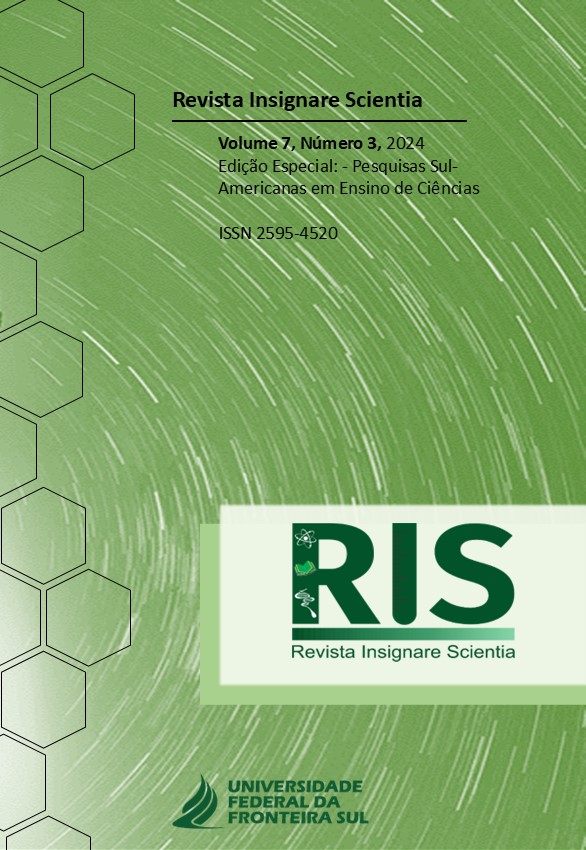Playing in the process of child development from the perspective of Leontiev's Activity Theory
DOI:
https://doi.org/10.36661/2595-4520.2024v7n3.14618Keywords:
Development of the psyche, Child education, Teaching and learningAbstract
This article focuses on the role of play in the psychic development of preschool children. The main objective was to understand the advances in the child's psychic development provided by the act of play, allowing them to assimilate the real world, acquire knowledge, relate to others, and integrate into their culture. The analytical process adopted was qualitative and reflective in nature, developed through a preliminary analysis of the book "The Development of the Psyche," written by the Russian psychologist Alexis Leontiev. The analysis of the work revealed that, in relation to the psychic development of preschool children, play is not a predominant form of activity; however, it is the main line of psychic development. This is due to the emergence of specific needs and impulses at this stage, which are fundamental to the child's psychic development. Play is considered the child's main activity, being responsible for the major changes in their development and learning. Through play, the child directs their attention to significant aspects, works on their intelligence, motor skills, affectivity, and cognition, and assimilates the world around them.






















